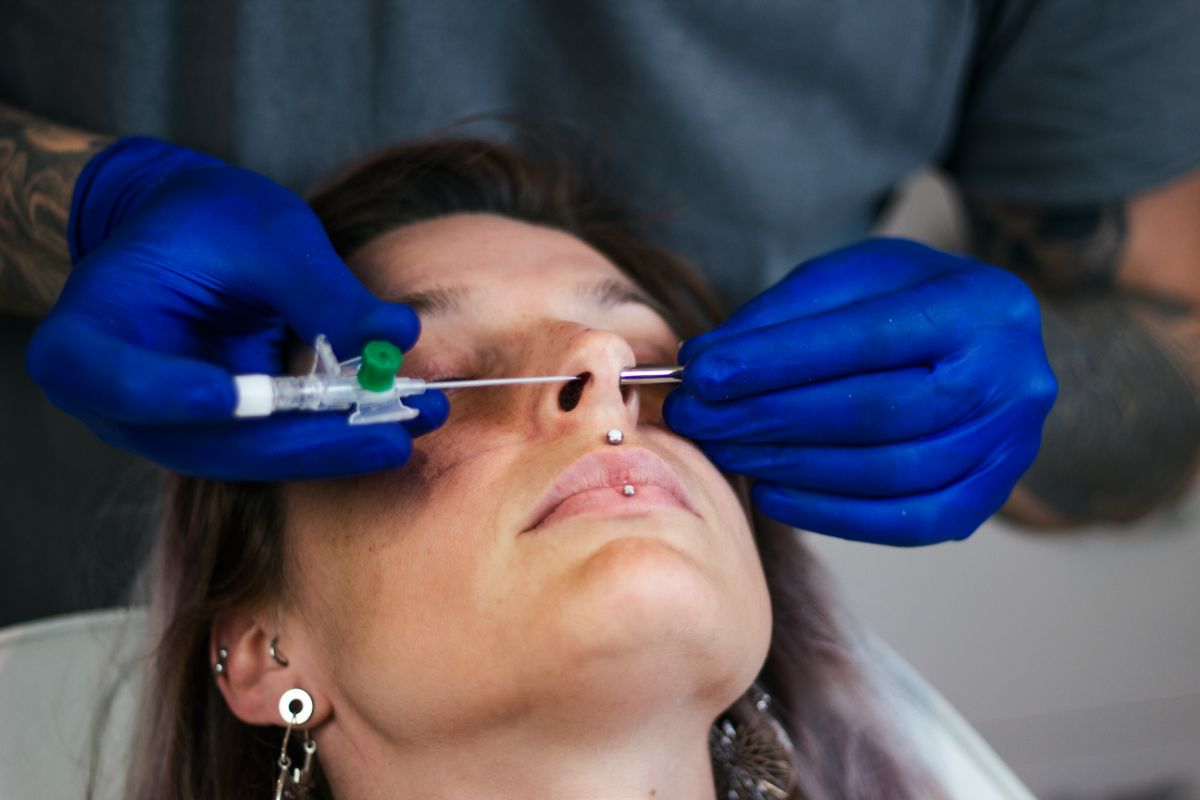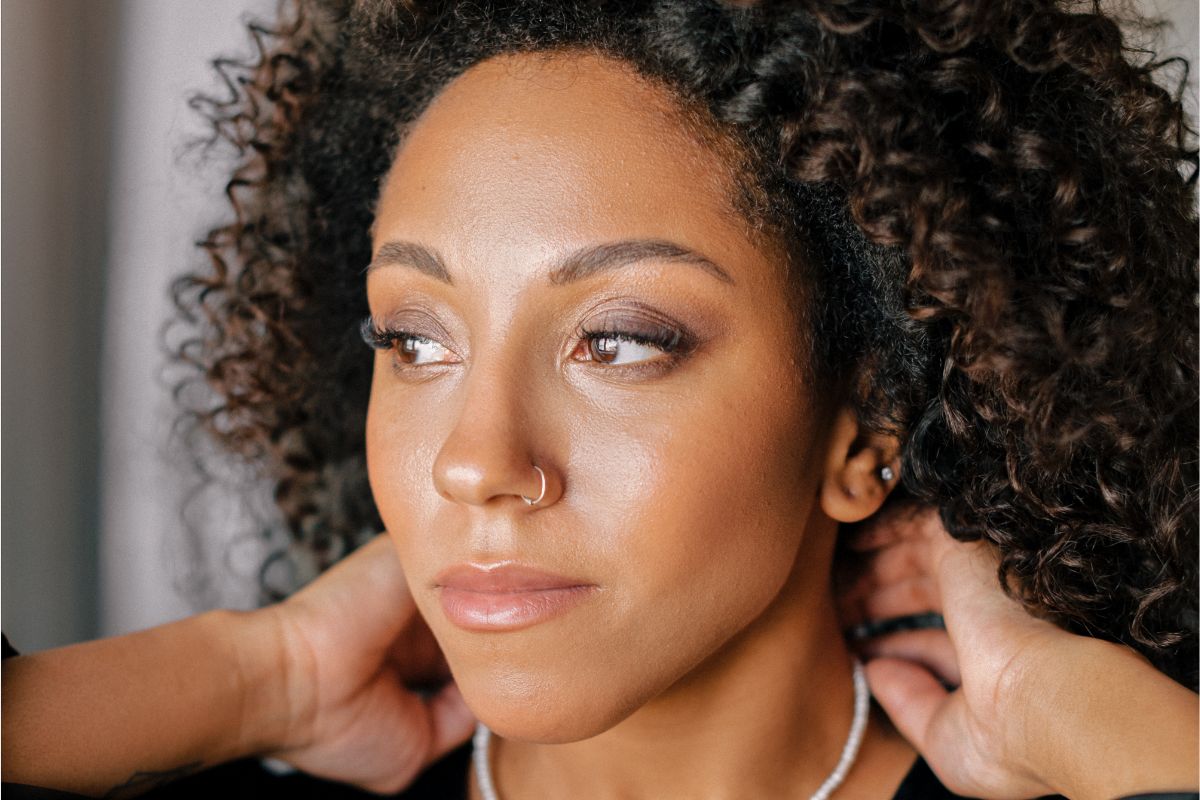Anyone who plans to get a piercing wouldn’t expect it to get infected, right? We all want to think about rainbows and butterflies, but in reality, it’s not always a pleasant ride.
Although getting your ears pierced is a safe and straightforward procedure, given that a skilled and licensed piercer performs it, sometimes it can get infected. When an infection isn’t caught early, things can get nasty.
Therefore, always treat a new piercing as any other fresh wound. Take care of it, clean it and make sure it doesn’t get infected. Cartilage piercings are especially prone to irritation and infection. So, you need to be extra careful.
Frequently Asked Questions About Infected Cartilage Piercings
What Does An Infected Ear Piercing Look Like?
A cartilage piercing is a hole located in the cartilage of your middle and upper ear. If the site turns tender, itchy, sore, swollen, warm, or red, you'll know it's infected. In addition, there are times when the site produces a greenish, yellowish, or whitish discharge.
Keep in mind that a new piercing takes weeks to heal completely. Bacteria can still travel to your open wound during the healing period and cause an infection.
Is Infected Ear Piercings Common?
Unfortunately, ear infections are common. Every year, millions of people have their ears pierced, but the majority of them do not develop complications—however, some experience mild irritation and piercing infections. But, not all piercings heal the same.
Earlobes have a good blood flow, which means they heal quickly, reducing the risk of disease. On the other hand, the ear cartilage is thicker and harder with lesser blood flow. It goes without saying that cartilage piercings are more prone to infection.
What Factors Contribute to Infected Ear Piercings?
The main reason why your piercings get infected is when bacteria is introduced into the open wound. Bacteria can make its way into your piercing if you do the following:
#1 getting your ears pierced by an amateur in an unhygienic studio
#2 playing with your new jewelry with dirty hands
#3 prematurely removing your jewelry even if the piercing hasn’t completely healed
#4 forgetting to clean your piercing as recommended
#5 swimming in a hot tub, river, lake, or pool while the site is still healing
How Do You Know If Your Cartilage Piercing is Infected?
If you experience redness and pain during the first few days after getting your ears pierced, you shouldn’t worry because these symptoms are all part of the healing process.
Many people think their piercings are infected, but they’re not. You’ll know if you’re dealing with an infection if it is accompanied by fever, pus coming out of the piercing, warmth, swelling or redness around the piercing, and pain in the cartilage.
What Happens If An Infection Isn’t Treated?
When you have an ear infection, and you just keep it to yourself, hoping it will resolve on its own, you are putting your health and your safety at risk. An untreated infection will become more severe until it turns into an abscess. Then, over time, it will spread into the rest of your body, known as systemic infection. A systemic infection is fatal.
How Are Cartilage Infections Treated?
There are many ways to treat an infected cartilage piercing. Professional piercers and health care providers may recommend the following:
#1 applying a warm compress over the site
#2 prescribe oral antibiotics if the infection is severe
#3 applying topical antibiotic ointments over the piercing
#4 rinsing the infected site with saline solution
You should call your doctor if you develop fever or chills, if the earring won’t move or is stuck in your ear, if the pain and swelling get worse, or if a greenish or yellowish discharge comes out of your piercing.
Prevention is always better than cure. You should leave your initial earrings until your piercings have healed completely to avoid infections. Wash your hands before you hand your jewelry; clean the piercings two times a day using saline solution.

Safe Cleaning Product for Piercings
If you're looking for a safe product to clean your piercings, Dr. Piercing Aftercare can help.
At Dr. Piercing Aftercare, we've developed convenient medicated swabs that you can use to clean your piercings and keep infection away. We are proud of our products. They are made and tested in a cGMP compliant and FDA-registered facility in America.
We use advanced technology on our swabs for easy application. Each pack contains thirty-six medicated swabs that are proven and tested to promote your body's natural healing process while preventing infection. Contact us today, or you can check out our website to learn more about our products.






